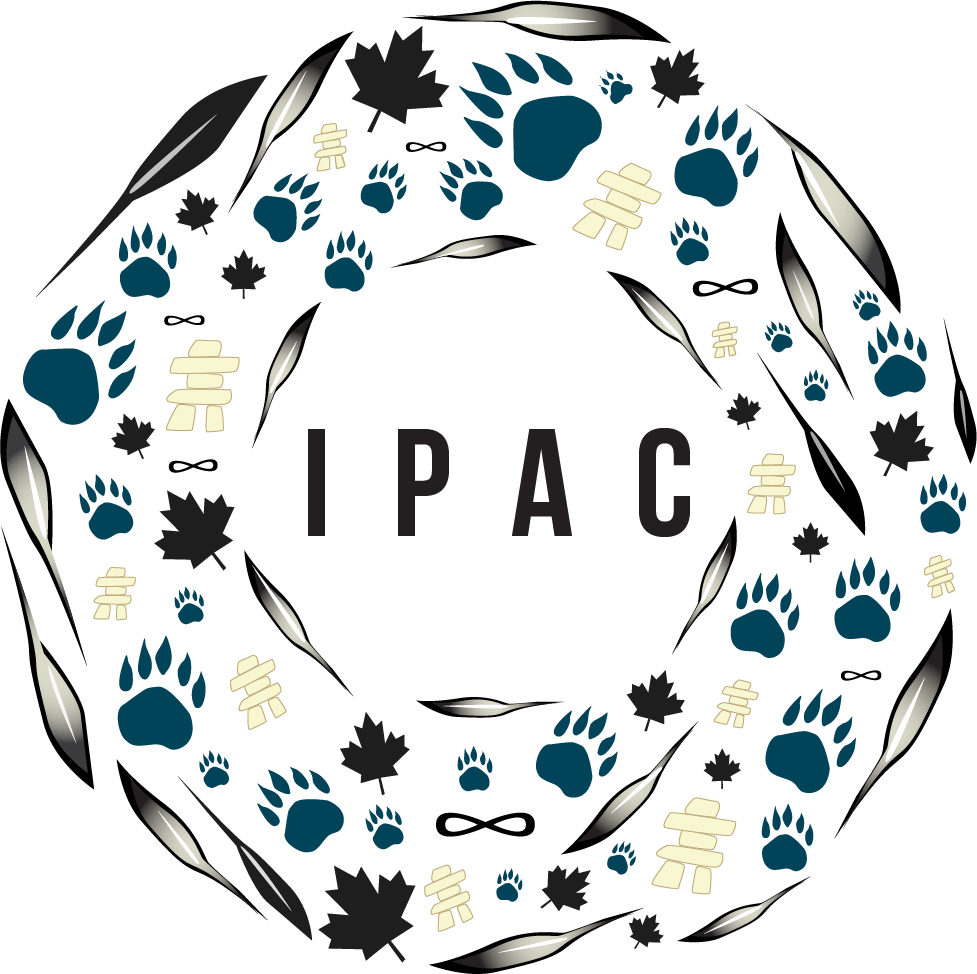RECOGNIZING EXCELLENCE - PROMISE HOLMES SKINNER

Describe your job in just under four sentences.
Lawyer, Aboriginal Law Program Coordinator, Faculty of Law at the University of Toronto
LinkedIn ca.linkedin.com/pub/promise-holmes-skinner/39/172/625
Cape Croker First Nation
I am a criminal defence lawyer, the Aboriginal Law Program Coordinator, and as of very recently, an Adjunct Professor at the University of Toronto, Faculty of Law. There, I develop and facilitate academic, experiential and extra-curricular programming for Aboriginal law students and Aboriginal youth; I counsel current Aboriginal law students; and recruit prospective students. As a lawyer, I currently act as Duty Counsel, assisting Aboriginal people charged with criminal offences who do not have a private lawyer. As an Adjunct Professor, I co-teach a course, Aboriginal People and Canadian Criminal Justice, with a senior Aboriginal lawyer.
Why did you start working in your industry?
My interest in criminal law developed when I was growing up in a government housing complex where criminal activity was a part of life. By the time I was in grade eight, many of my friends had been to jail. I wanted to pursue a career that would allow me to assist people in conflict with the law, especially those who lacked resources to avoid it. During my undergrad it was clear to me my focus would be assisting Aboriginal people in conflict with the law.
What do you enjoy the most about your job? What aspect makes you learn the most while on the job?
Hearing about people’s lives and being given the opportunity to vocalize their stories as an advocate within the Faculty of Law and within the criminal justice system.
Where do you see yourself in 5 years?
I see myself working at a criminal defence firm, with very talented lawyers, from whom I am able to learn to be the best lawyer I can be. By this time, I also see that I have been able to contribute significantly to an initiative that substantially advances justice for Aboriginal people.
What does success look like to you?
Pursing one’s goals with uncompromised determination.
What has been the most outstanding moment thus far in your career?
Appearing at the Supreme Court of Canada – on a case involving the constitutional rights of First Nations peoples, alongside some of Canada’s most influential lawyers and Aboriginal advocates.
Do you volunteer? If so, where and why is that important to you?
Yes, all the time. I always say yes to the opportunity to take something on. It’s important to contribute time and resources – to the individuals benefitting from the program, but also to the people putting on the program. I also find it energizing and enjoyable. I wouldn’t know what else to do with my time.
Do you have any advice for other Indigenous professionals in Canada?
Network. Network. Network. You never know how enriched your life will be after meeting an incredible person you might otherwise not cross paths with. You have a ton to gain at networking events, and absolutely nothing to lose.
What do you think is the most unique challenge for an Indigenous person in your industries?
Overcoming the stigmatic and erroneous presumption that you are not as intelligent as your colleagues by virtue of the fact that you identify as Aboriginal.
What made you interested in joining the Indigenous Professional Association of Canada and why would you encourage others to join?
As a law student, I was encouraged by First Nations House to attend an IPAC networking event. The event was great and I was excited by the prospect of meeting friendly, like-minded professionals who were Aboriginal but not necessarily lawyers. I immediately encouraged my mother and sister to join, as well as law students and a professor. I encourage people to join because IPAC offers so many opportunities, both professional and social, and celebrates our heritage.

